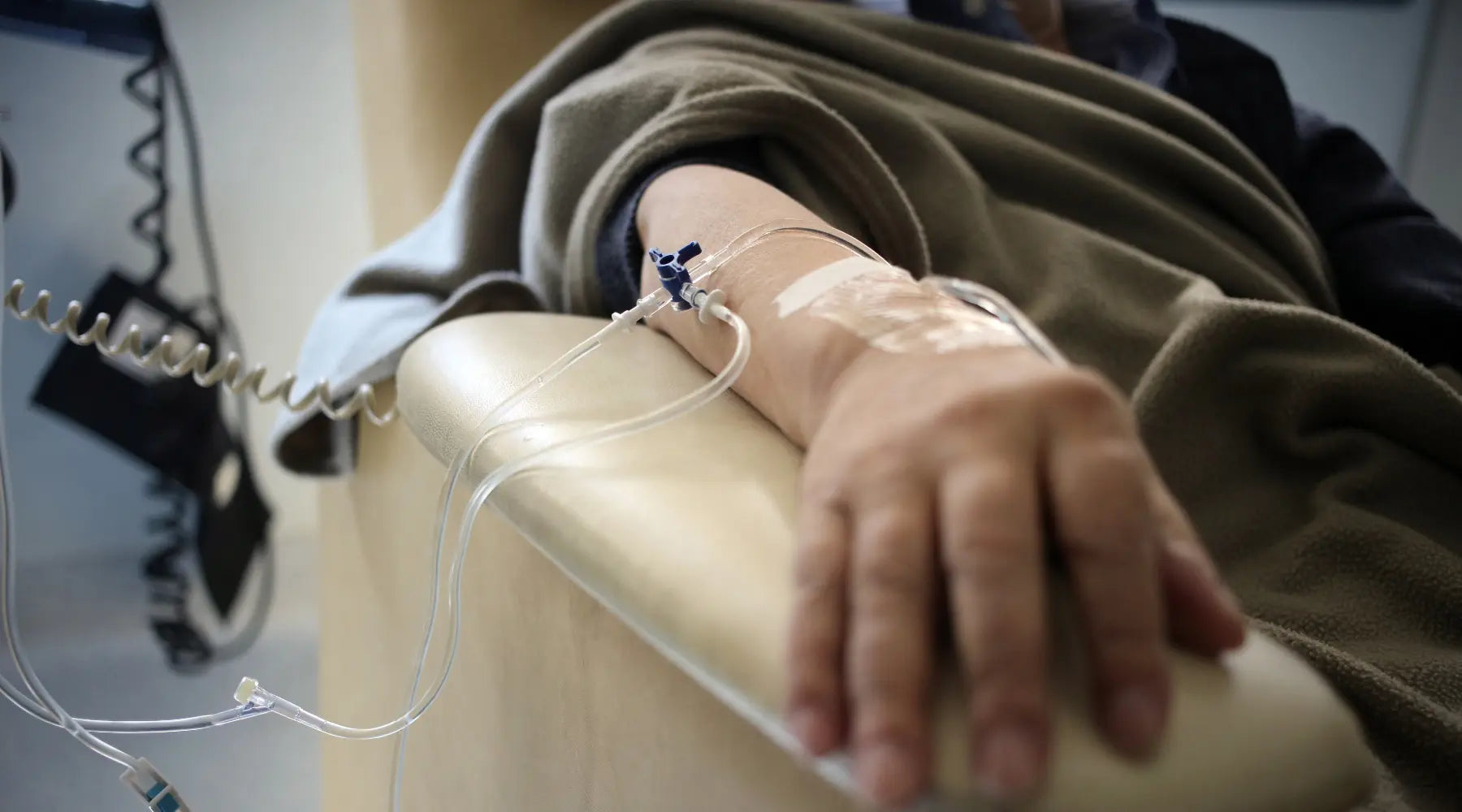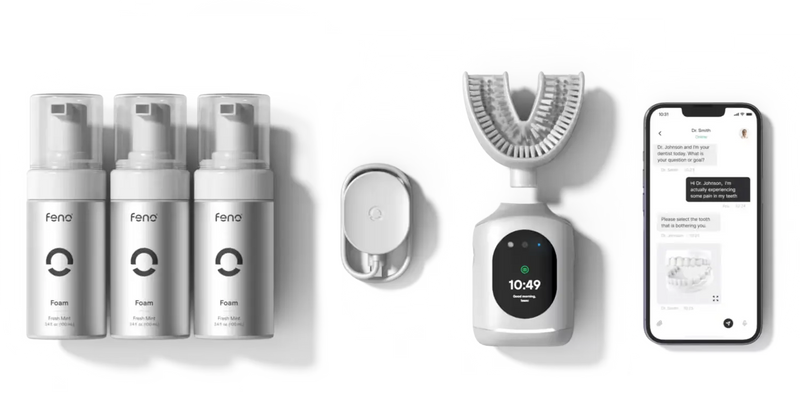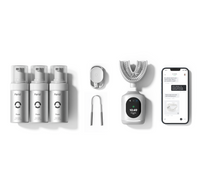
Oral Health Risks During Cancer Treatment: What Patients Need to Know
Essential Takeaways
- Cancer treatments like chemotherapy and radiation can cause significant oral health complications, but with proper care and preventative measures, these side effects can be managed effectively.
Chemotherapy and radiation therapy can impact oral health. While these life-saving treatments are crucial, they often come with side effects that affect the mouth and teeth. Understanding these risks is the first step toward preventing or managing them effectively.
How Cancer Treatments Affect Your Mouth
Cancer treatments work by targeting rapidly dividing cells—unfortunately, this includes not just cancer cells but also the normal cells in your mouth. According to the National Cancer Institute, nearly 40% of patients receiving chemotherapy experience oral complications, while the percentage increases to over 80% for those receiving radiation therapy to the head and neck region.
Common Oral Side Effects
-
Mucositis (Mouth Sores)
Painful inflammation and ulceration of the mucous membranes lining the mouth affects approximately 40-70% of patients receiving standard chemotherapy protocols. For those undergoing high-dose chemotherapy, this number jumps to nearly 90%. -
Xerostomia (Dry Mouth)
Radiation therapy can damage salivary glands, reducing saliva production. Studies show that 94-100% of head and neck radiation patients experience dry mouth, which can persist long after treatment ends. -
Increased Risk of Dental Decay
With reduced saliva (which naturally protects teeth), patients may experience rapid tooth decay. Research indicates a 3-fold increase in cavity risk following radiation therapy. -
Taste Changes
Approximately 50-75% of cancer patients report altered taste sensation during treatment, which can affect nutrition and quality of life. -
Osteoradionecrosis
This serious condition involves bone death due to radiation and affects about 5-7% of patients who receive high-dose radiation to the jaw area.

What Can You Do?
- Pre-treatment Dental Evaluation: See your dentist at least 2-3 weeks before starting cancer treatment to address any existing issues.
- Meticulous Oral Hygiene: Using effective oral care tools like the Feno Smartbrush can help maintain oral health during treatment by providing a thorough clean in just 20 seconds – particularly valuable when you're experiencing fatigue or discomfort.
- Frequent Dental Check-ups: Schedule appointments every 3-4 months during treatment.
- Hydration: Drink plenty of water and use alcohol-free mouth rinses to combat dry mouth.
- Nutrition: Maintain a balanced diet, avoiding spicy, acidic, or hard foods that may irritate mouth sores.
The Long-term Perspective
Research published in the Scientific World Journal found that patients who received comprehensive dental care before and during cancer treatment experienced 35% fewer severe oral complications and reported significantly better quality of life scores.
As someone who has devoted my career to advancing oral care as a gateway to whole-body health, I cannot stress enough the importance of maintaining oral health during cancer treatment. The connection between oral health and overall wellness becomes even more critical during these challenging medical journeys.
Remember, your dental team should be an integral part of your cancer care team. By working together, we can help ensure your mouth stays as healthy as possible during treatment, allowing you to focus on what matters most – your recovery.

Feno Founders Edition Bundle
Advanced Oral Health in 20 Seconds with the Feno Smartbrush™
Get Yours Now!





